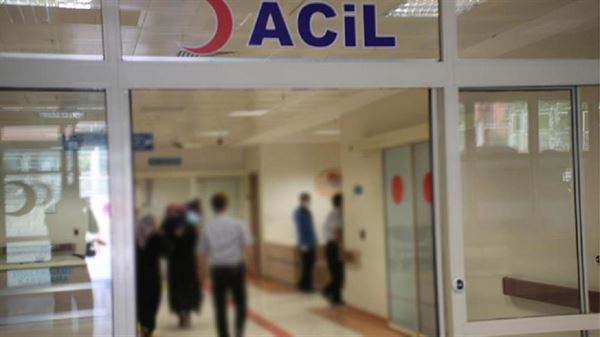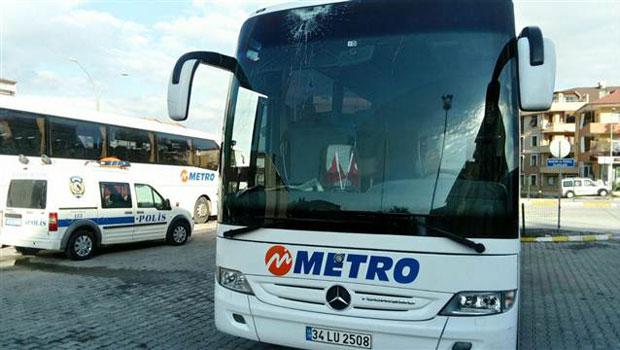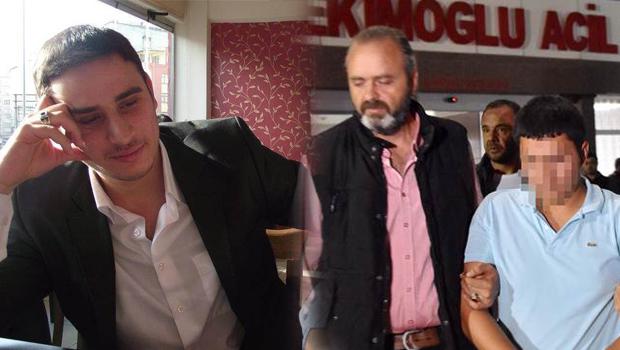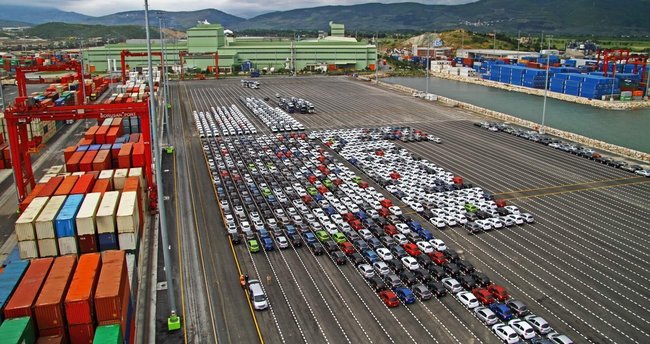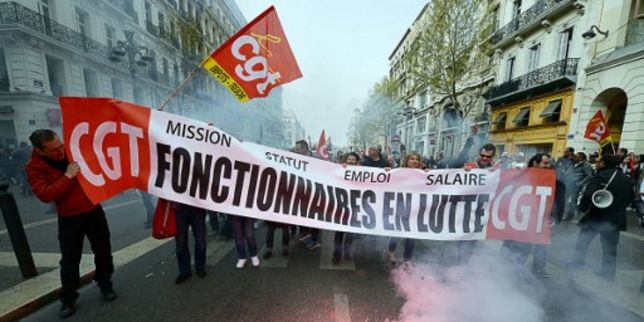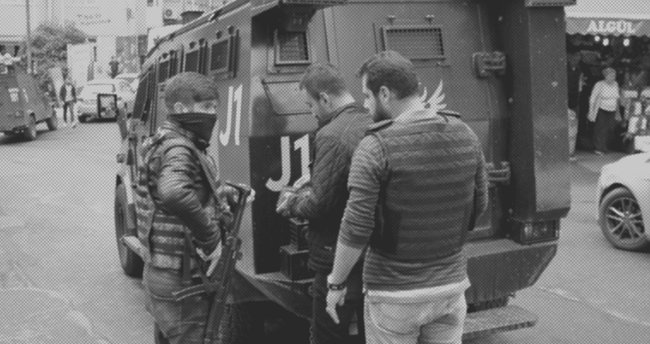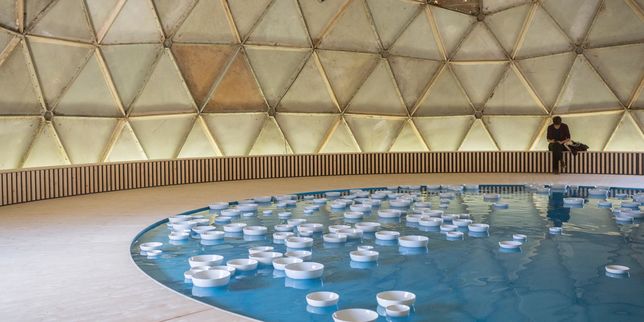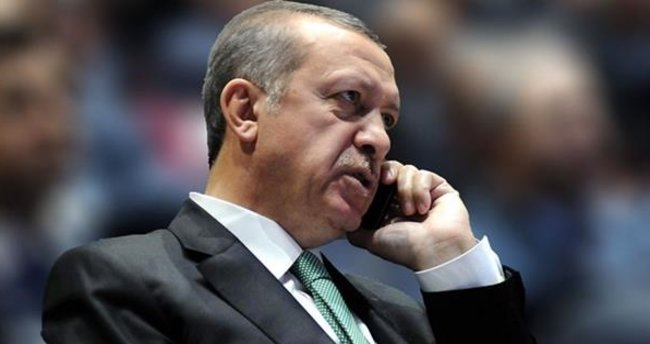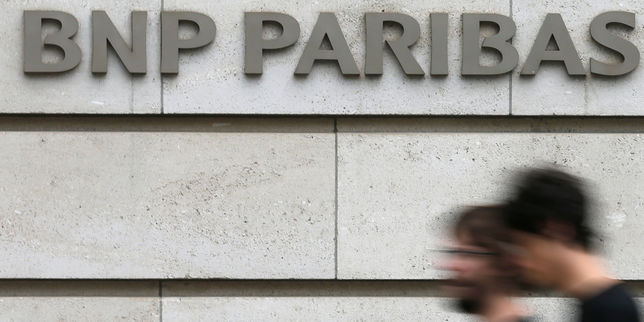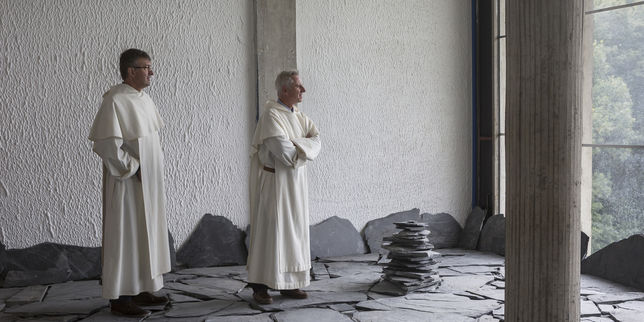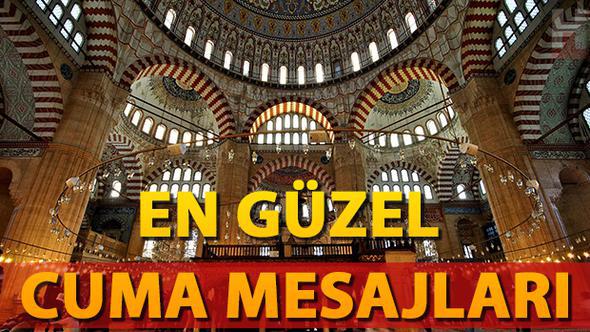- Rajoy: "A government of concentration could help but it would be enough to be toger"
- The Bill of Independence
No rule foresees that a self-governing government and Parliament should be declared in absentia before Constitution and unilaterally break territorial integrity. There is no custom law for this case. Article 155 of Basic Law, total or partial suspension of autonomy, is most obvious instrument, but it can remain lame. That is why executive has been studying entire legal arsenal of state, according to government sources, for months.
Article 155 provides that Government, "upon request to President of autonomous Community and if not to be attended," may adopt " necessary measures to compel forced enforcement of such obligations"; which includes possibility of "giving instructions to all authorities of Autonomous Communities".
Four exceptional situations- state of crisis. According to National Security Law, Government can, by decree, decide a "situation of interest for national security", which allows it to appoint a "functional authority" to "direct and coordinate" administrations.
- alarm status. The government can declare, for a maximum of 15 days, state of alarm, by which it takes direct command of all public officials, as well as of autonomic and local police. Your extension requires congressional authorization.
- state of emergency. It implies suspension of fundamental rights and freedoms (meeting and manifestation, inviolability of domicile and secrecy of communications, among ors) and attribution of extraordinary powers to a government authority. It must be approved by simple majority of Congress.
- state of siege. The civil authority is replaced by a military authority. The rights of detainees are suspended. It must be approved by an absolute majority of Congress of Deputies.
To activate article 155 it is necessary approval by absolute majority of Senate, something that already has PP without need of any or group, despite which Mariano Rajoy, for political reasons, seeks complicity of PSOE, in addition to impatient thrust of citizens.
The problem, y admit government sources, is that 155 has never been applied, nor developed legally, so doubts about its scope arise. That is why government has studied or legal instruments, which could supplement article 155, in National Security Act and alarm, exception and site states.
According to National Security Act of 2015, President of Government, by decree, can declare a situation of interest for national security when re is a crisis that "due to severity of its effects and dimension, urgency and transversality of Measures for its resolution requires strengned coordination of competent authorities '. By decree, a "functional authority" may be named and determined "its powers to direct and coordinate actions that proceed".
Government sources admit that this mechanism was designed for situations (disasters or attacks) in which various authorities are willing to be coordinated, but it is not clear how it would work in a conflict scenario, because law does not say Without that functional authority may impart orders or consequences of disobeying it.
More exhaustive is law of states of alarm, exception and site, of June 1981, few months after 23-F. The first one is most advantageous for government, since its approval is produced by decree, although for a maximum period of 15 days whose extension must approve Congress. It can also be limited to scope of an autonomous community; And, in application reof, all regional and local officials and police officers become dependent on central government.
The drawback of alarm state is that it is very difficult to fit its legal framework with political crisis of Catalonia, as it is planned for disasters, health crises, shortage or cessation of essential public services. The PSOE government applied it in 2010 to arrest of air traffic controllers, whom it militarised.
More legal basis would have, according to experts, application of state of emergency, envisaged for when "severely altered" exercise of rights and freedoms, functioning of democratic institutions or public order.
The state of emergency suspends fundamental rights by allowing ten-day administrative detentions, home registrations, communications intervention, prohibition of strikes and demonstrations or closure of media without prior Judicial authorization. Your application requires congressional authorization by simple majority; I mean, with more votes in favor than against.
The last step in arsenal of extraordinary measures is represented by state of siege, which requires approval by an absolute majority of Congress. It is planned to confront "an insurrection or act of force against sovereignty, independence or territorial integrity of Spain". (a) The limitations of state of emergency add to suspension of rights of detainee (including legal assistance) and generalization of military tribunals. The government authority is replaced by military. It's equivalent to old state of war. In end, price to save rule of law is to sacrifice it.

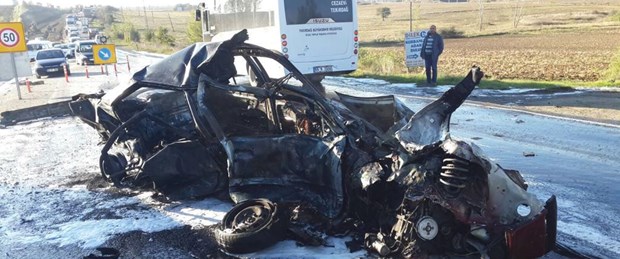 The vehicle that entered the truck was caught in flames: 2 dead
The vehicle that entered the truck was caught in flames: 2 dead Description of Turkish Airlines (what will be the status of the ticket fields?)
Description of Turkish Airlines (what will be the status of the ticket fields?) The dollar came over 3.70 TL with a dry visa crisis, hard decline in the stock market (how much is the dollar?)
The dollar came over 3.70 TL with a dry visa crisis, hard decline in the stock market (how much is the dollar?)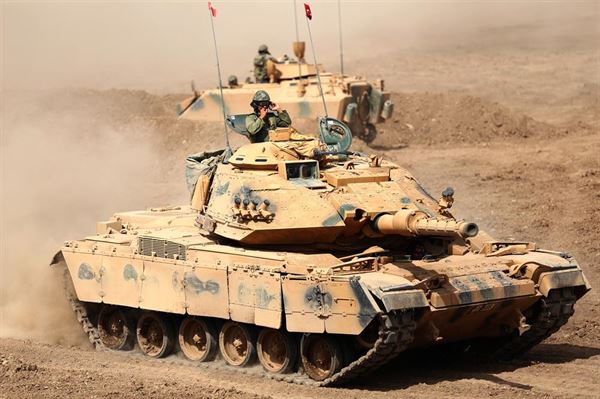 TSK explained: Turkish military in Idlib
TSK explained: Turkish military in Idlib ' The Turkish stamp on Anuga
' The Turkish stamp on Anuga Turkish Airlines has made an announcement about the US flights
Turkish Airlines has made an announcement about the US flights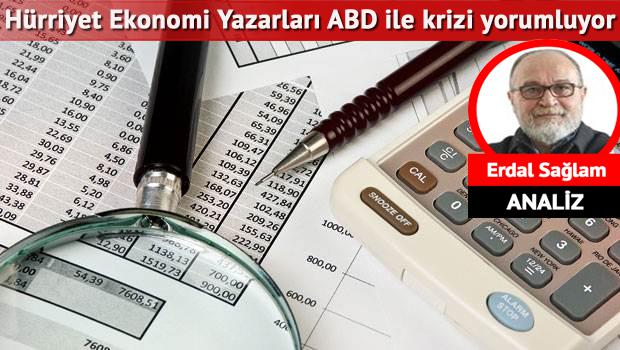 The importance of the United States cannot be compared to other countries
The importance of the United States cannot be compared to other countries A fake teacher scandal in Trabzon
A fake teacher scandal in Trabzon Free face-to-side lessons are starting in açunfaculty
Free face-to-side lessons are starting in açunfaculty Minister Concise: Now our universities can establish a technology transfer company
Minister Concise: Now our universities can establish a technology transfer company New era in the Waste Battery collection campaign in schools
New era in the Waste Battery collection campaign in schools Theatre: The artist, the revelation with her science fiction piece
Theatre: The artist, the revelation with her science fiction piece CharlElie Couture returns to "Scout"
CharlElie Couture returns to "Scout" A virtual work by Jeff Koons vandalized ... virtually
A virtual work by Jeff Koons vandalized ... virtually Theatre: Course on the 25th century with the
Theatre: Course on the 25th century with the 8-year-old patient with 7 cm tumor output from the skull
8-year-old patient with 7 cm tumor output from the skull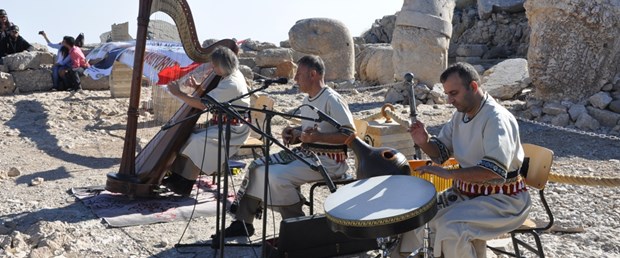 Special Concert for the disabled at the Nemrut summit
Special Concert for the disabled at the Nemrut summit The Ted AVII repayment of SMA patients was covered (Eskisehir)
The Ted AVII repayment of SMA patients was covered (Eskisehir)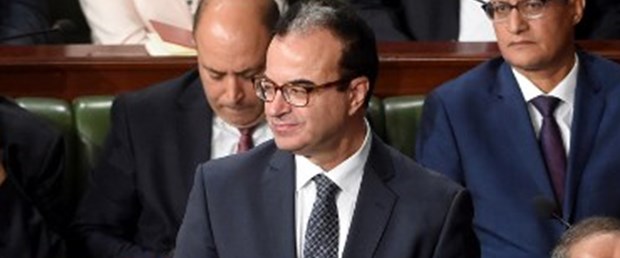 Health Minister died running for health
Health Minister died running for health Hamdu Sena wants to be minister
Hamdu Sena wants to be minister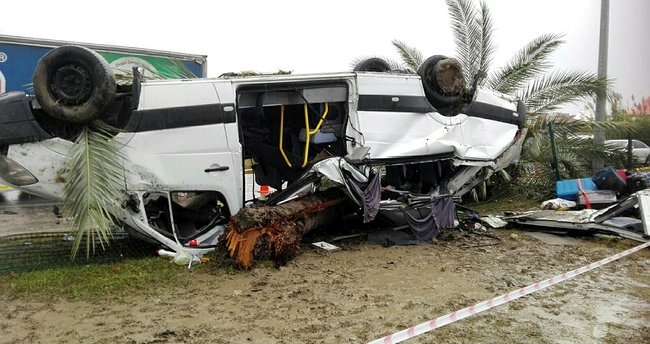 3 tourists killed in the accident tour minibus driver arrested
3 tourists killed in the accident tour minibus driver arrested Airport employee falls to heart of young girl
Airport employee falls to heart of young girl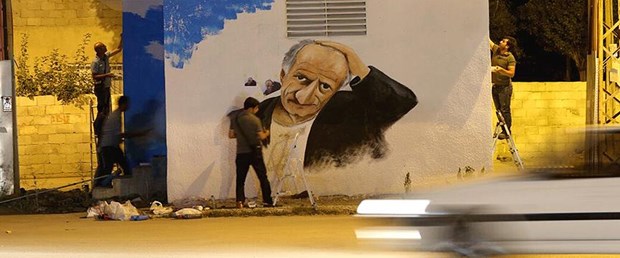 They adorn the city walls
They adorn the city walls A hundred politicians and intellectuals reject mediation
A hundred politicians and intellectuals reject mediation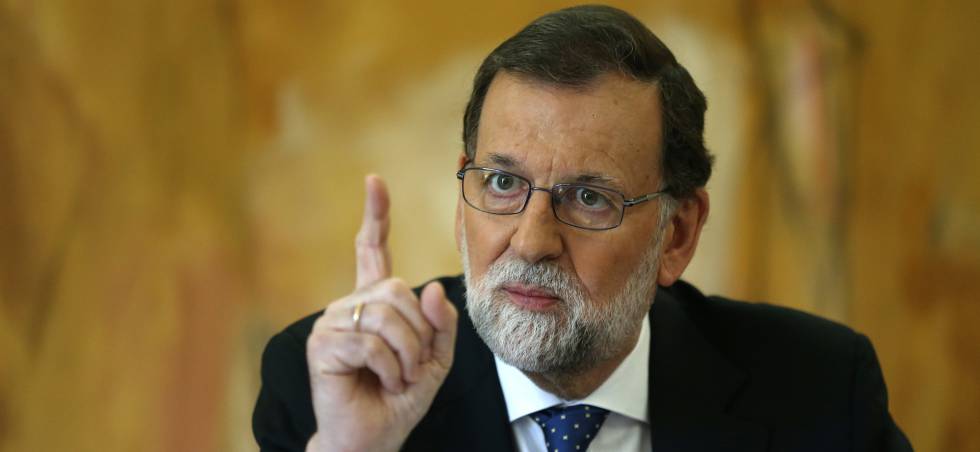 Government studies combining article 155 with extraordinary measures
Government studies combining article 155 with extraordinary measures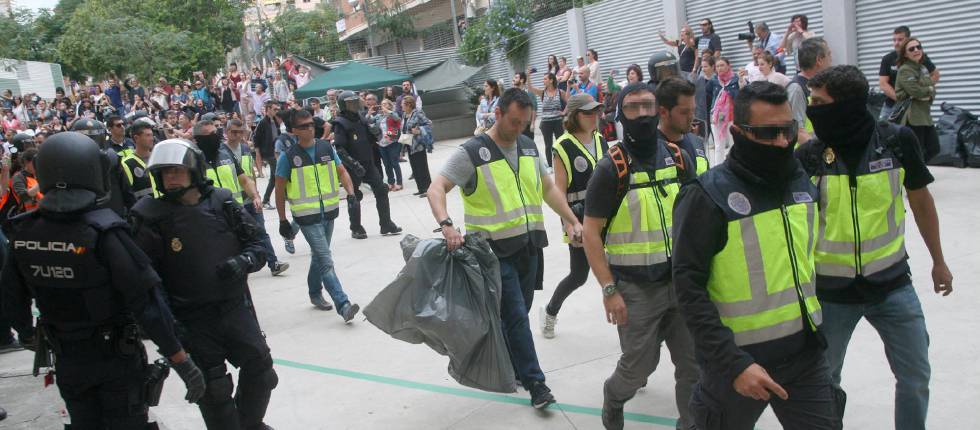 The Catalan government's road map: "Generating conflict and forcible disconnection"
The Catalan government's road map: "Generating conflict and forcible disconnection" Besiktas, Şenol lives the most ' vicious ' season in the Sun management
Besiktas, Şenol lives the most ' vicious ' season in the Sun management Basketball in the European league record Real Madrid
Basketball in the European league record Real Madrid Fenerbahce's fate is tied to ' yellow-red '!
Fenerbahce's fate is tied to ' yellow-red '! Juventus, C & #x27; è also Dybala among the 30 candidates for the ball D & #x27; gold
Juventus, C & #x27; è also Dybala among the 30 candidates for the ball D & #x27; gold How durable is the Nokia 8 shocks? You must watch!
How durable is the Nokia 8 shocks? You must watch! Those who use Chrome are good news! A nightmare is ending
Those who use Chrome are good news! A nightmare is ending Windows Phone is coming to the end of the road, a revolution is closing!
Windows Phone is coming to the end of the road, a revolution is closing! 3 new features on the IPhone camera that will make your face smile
3 new features on the IPhone camera that will make your face smile






